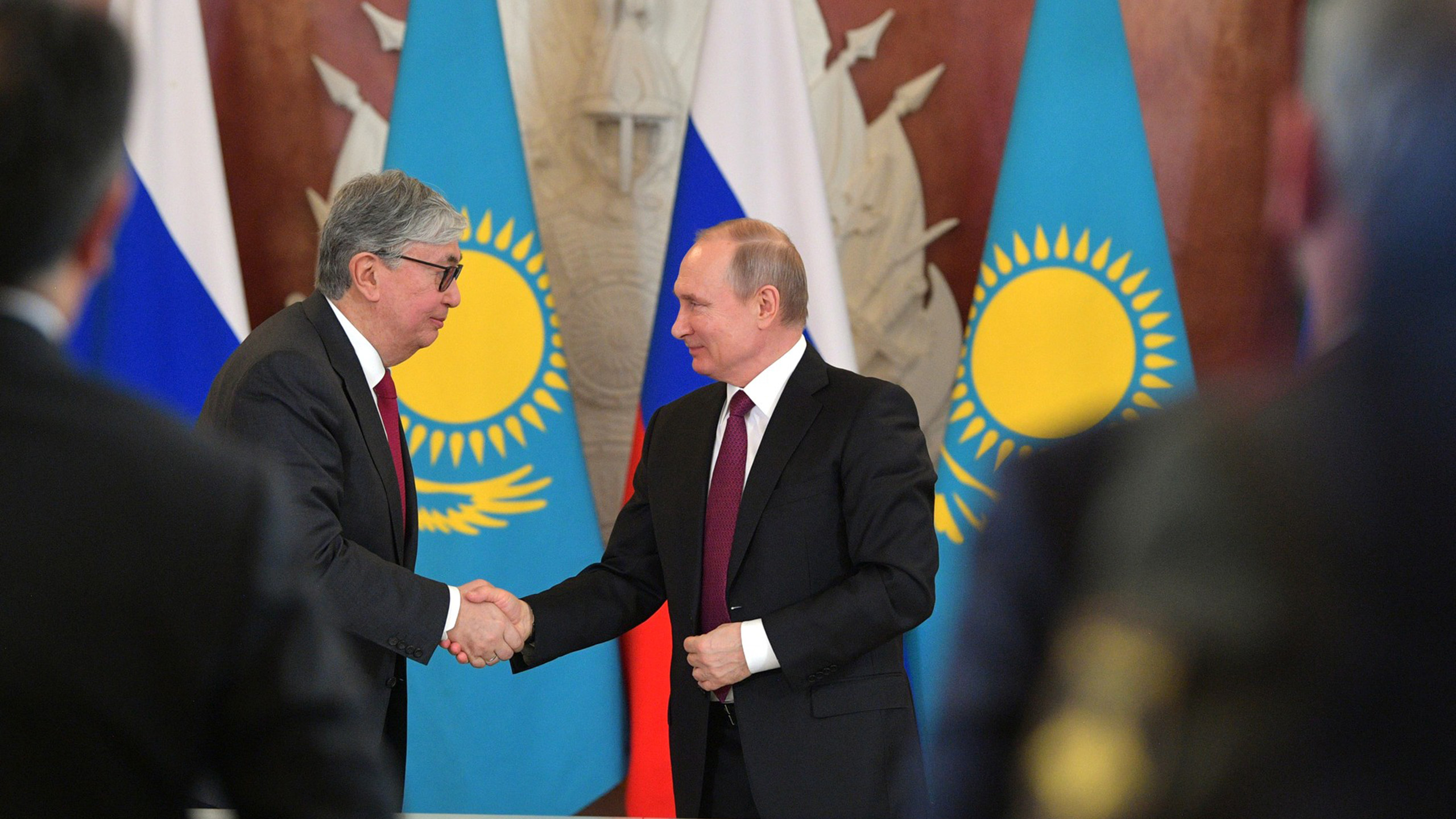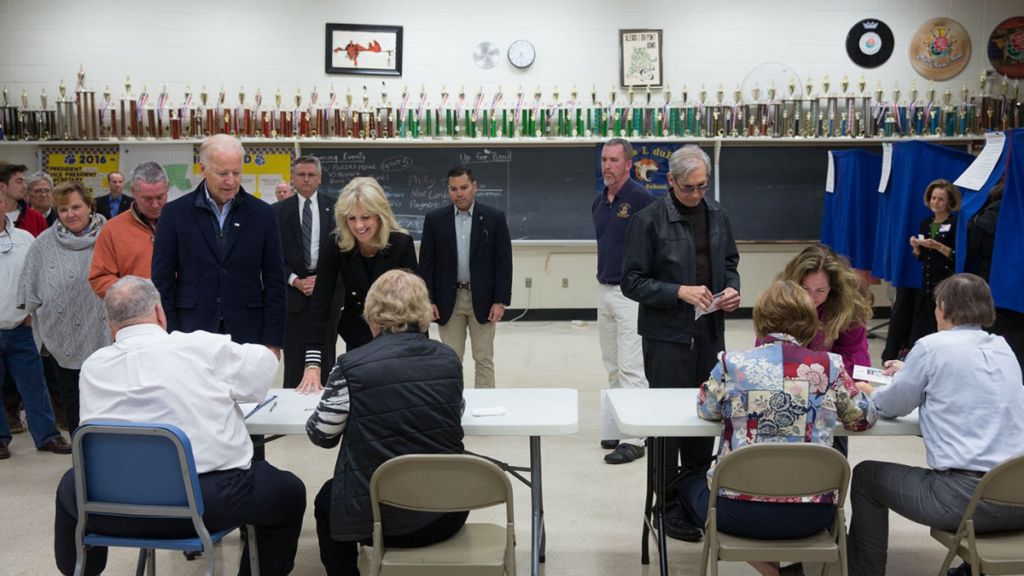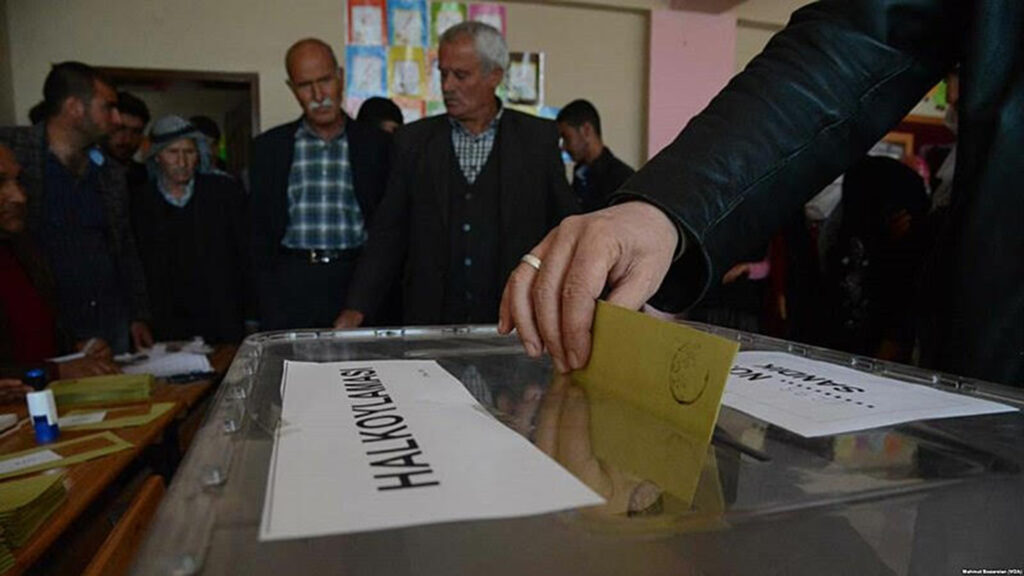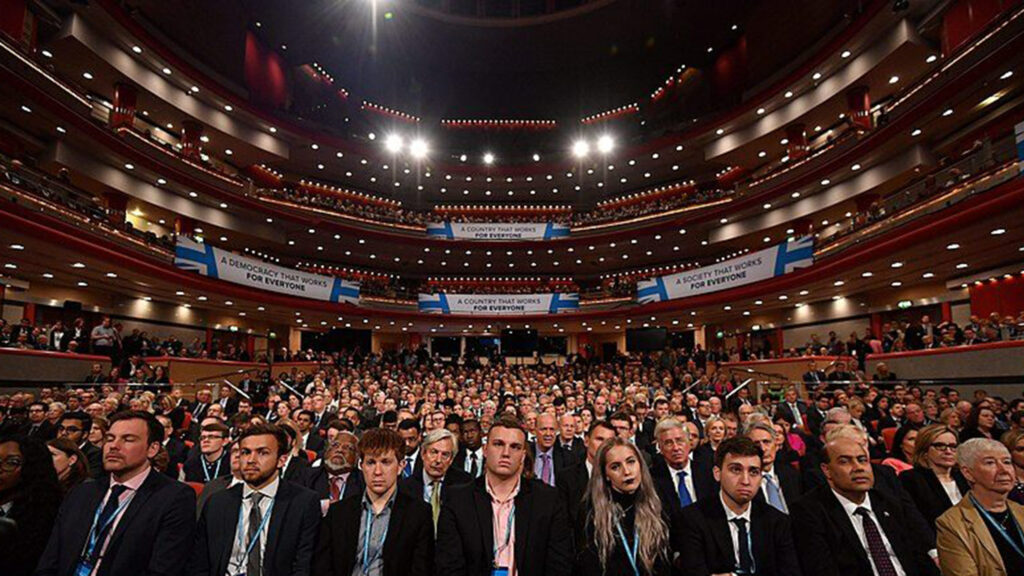Yevgeny Prigozhin’s armed rebellion in June may have ultimately failed, but it succeeded in exposing Putin’s weakening grip over Russia’s domestic and international affairs. Whilst the international community’s eyes were turned to the domestic stage, the international implications of the Wagner Group’s rebellion went largely unnoticed; for example, with the President of Kazakhstan’s refusal to help Putin suppress the Wagner mutiny.
Kazakhstan has maintained close ties with Russia since gaining independence from the Soviet Union in 1991. However, the war in Ukraine, the increasing influence of China and Türkiye in Central Asia, and now the Wagner revolt, has strained the relationship between Moscow and Astana.
President Tokayev rejects Putin
There is a history of close relations between the two nations, with Kazakhstan remaining tied to Russia militarily, economically and culturally. It has been part of the Russian-led Collective Security Treaty Organization (CSTO) military alliance since 1994, and between 1995 – 2005, more than 15,000 Kazakh soldiers were trained at Russian military facilities. Two months ago it was announced that bilateral trade had reached a record-high of $26 billion and out of Kazakhstan’s population of 19 million, 3.5 million are ethnically Russian.
However, when Putin contacted Tokayev and requested assistance in suppressing the mutiny, Tokayev refused, stating that the “ongoing events are an internal affair of Russia.” Considering Russian ‘peacekeeping’ forces entered Kazakhstan in January 2022 to help quash internal unrest, their relationship is clearly weakening, and increasingly asymmetrical.
Strained relationships
Whilst the formal ties between the two remain true, there is no denying that the Russian invasion of Ukraine has strained relations. A poll carried out by the Central Asia Barometer in Spring 2022 revealed that 28% of the Kazakhstan population consider Russia as the instigator for the war, while only 19% blame Ukraine. Additional surveys in March 2022 and November 2022 showed a 12% increase in support for Ukraine as well as revealing a neutral majority of 59%. Support for Russia reduced from 39% to 13%.
The Kazakhstan government also refrained from supporting Russia on UN Resolutions. In February 2023, the UN General Assembly overwhelmingly voted in favour of a resolution to call for the end of the Russian invasion of Ukraine. Whilst Kazakhstan did not vote against Russia, it abstained, perhaps indicating Kazakhstan’s desire to move away from Russia on the global stage.
Kazakhstan’s close relationship with Russia is also having a negative impact on its economy. During the first two weeks of the conflict, Kazakhstan’s currency lost 20% of its value against the dollar due to the initial fall of the Russian Rouble. On the 10th March 2022 Russia announced the ban of certain exports to countries of the Eurasian Economic Union in order to protect its own market. This greatly impacted the prices and availability of a number of basic food products in Kazakhstan. Furthermore, Russian nationals immigrating to Kazakhstan has also increased – 400,000 Russians have arrived since September 2022.
Both factors – immigration and economic hardship – further explain Kazakhstan’s move away from Russian dependency and support. Eyebrows in Moscow must have been raised when Tokayev praised Secretary of State Antony Blinken for the US’s support for the territorial integrity of Kazakhstan’s border with Russia saying “we are ready to follow up on this cooperation”.
Growing Chinese influence
As Russian influence wanes, China is actively moving to fill the growing void, influencing Central Asia – with Kazakhstan being a prime example. During their 30-year anniversary of establishing diplomatic relations, the Kazakh Defence Minister stated that they will continue to strengthen strategic communication and conduct joint training drills with China.
China and Kazakhstan recently signed 47 agreements valued at $22 billion whilst bilateral trade reached $31 billion last year. Kazakhstan has also integrated itself into the infamous Belt and Road initiative. With an abundance of natural resources including uranium, copper, and crude oil, Kazakhstan is a key export partner of such precious goods.
Whilst China may not have as strong cultural and historical ties to the region, it is using its economic might to replace a weak and pre-occupied Russia as Kazakhstan’s regional ally.
A key player in a growing Turkic family
Türkiye has also begun developing its relationship with Kazakhstan alongside other Central Asian countries. Trade between the two states has increased year-on-year with their bilateral trade volume target being $10 billion. Meanwhile the head of Kazakhstan’s Association of Defense Industry Enterprises, Aibek Baryssov, recently stated their desire to cooperate with Turkey in the military sector.
The most interesting development in relations between the two is through culture, namely their shared Turkic background. Baryssov stated, “we are brotherly nations. We are all Turkic people.”
Türkiye on its own does not have the economic might of China to impact the region and replace Russia as one of Kazakhstan’s main economic partners, however, its deepening cultural ties may prove to be as influential, especially through vehicles such as the Organisation of Turkic States.
Putin may have escaped Prigozhin’s wrath but the reaction from his former Soviet ally has not gone unnoticed. Russia’s grip in Central Asia is loosening and Kazakhstan is a symbolic example of that. Other regional players such as China and Türkiye are now able to use their economic and cultural influence to impact the region and replace Russia as an important ally of Kazakhstan. It is only a matter of time before Russia’s influence begins to wane elsewhere on the global stage.










